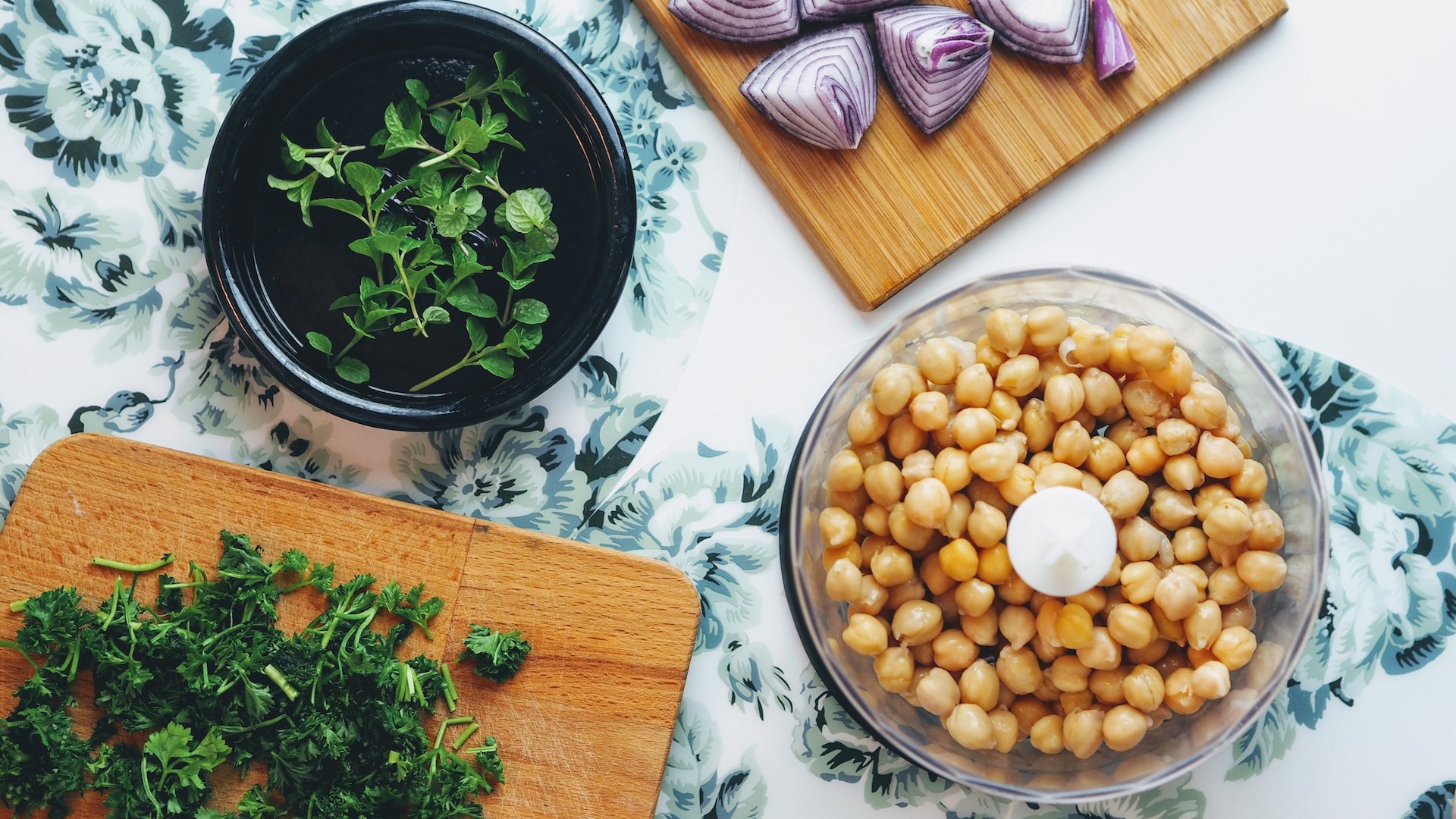Food Safety: What To (Not) Eat During a Power Outage
Home » Live Consciously » Food Safety: What To (Not) Eat During a Power Outage
Food safety is one of those things you may not think about until you have to, like when a storm is brewing or the power goes out.
You know the drill – a mad rush to the grocery store, grabbing the last loaf of bread and case of bottled water on the shelves, then gathering all your flashlights for the moment the lights go off.
And once they do, you try and figure out how long until they come back on, and what you’re gonna eat in the meantime.
Here’s how to plan ahead for your next power outage, and everything you need to know about food safety when you can’t use your fridge.
Food Safety When You Lose Power
Store wisely: If you can’t use your fridge and the temperature outside is 40°F or below, use your windowsill, balcony, fire escape or patio as a refrigerator. Store your food out of the sunshine and keep it in a bin if possible.
If you have a cooler, you can use it as an icebox. Use ice or frozen vegetables to keep things cold and store your perishable items as tightly packed together as possible.
If you can plan ahead, freezing water bottles is a great way to keep your food cold and as the ice melts you have drinking water.
Shelf life 101: If you’re wondering what the best produce is to buy before a storm, look at how your supermarket is selling fruits and veggies.
You’ll notice that tomatoes, oranges, apples, lemons, onions and melons are sold at room temperature. They don’t need the extra chill so they’ll last.
Buy single servings of the vegetables you want that need refrigeration and eat them right away. A pre-made salad or steamed veggies from a Chinese restaurant can supplement the foods you are eating at home.
Even when homes are without power, lots of restaurants and supermarkets run on generators. You may find a market with ready to eat salads or a hot bar that’s unaffected.
- Foods that need refrigeration should be eaten within about 4 hours – after that they may not be safe and in the name of food safety they should be tossed.
- If you open a can and don’t finish what’s inside, remember to store the leftovers in an airtight container. Oxygen and aluminum cause reactions that can ruin your food.
- If you don’t have safe drinking water, use bottled water to wash your produce, or wipe it clean with a damp cloth.
- If you have something that’s begun to grow mold, such as cheese, bread or deli meat, don’t cut off the mold and eat the rest – toss it! Some of the mold or bacteria is not visible to the eye and it’s not worth the risk of getting sick.
What to buy: You should always have a well stocked pantry, especially in the winter, so take some time to prepare yourself.
If you can prepare yourself without the pressure and mad rush of a storm on its way, do your research and buy canned foods that are BPA free and choose sustainable canned seafood, such as wild canned salmon.
On the go snacks are also a must, and there are so many healthy options out there that don’t require a fridge.
Especially if the power is going to be out for a long period of time, plan on stocking up on these items:
- Shelf stable almond or rice milk
- Protein powder: Life’s Abundance
- Muesli
- Canned tuna fish, sardines, and salmon
- Dried meats, such as jerky – look for grass fed and organic with as little sodium and sugar as possible (some faves include Epic and Vital Choice)
- Canned beans
- Low sodium vegetable, minestrone and tomato soup
- Peanut butter, sesame or almond butter
- Nuts
- Olives
- Bars such as Raw Crunch Bars and Kind Bar
- Crackers such as Wasa, Ryvita, Finn Crisp, Marys Gone Crackers Twigs and Sticks
- Suzie’s thin cakes and crackers
- Fresh fruits (wash thoroughly with drinking water before eating)
- Dried fruit – Look for no sugar and no sulfur added
- Small containers of vegetable juice
- Fresh vegetables (wash thoroughly with drinking water before eating)
- Olive oil
- Vinegar
- Mustard
Remember to keep an eye on expiration dates and close your bags tightly to prevent moisture and insects from invading.
If your cans are dented, rusty or your safety seals don’t pop up, do not eat the food. It isn’t worth having no power and a food-borne illness!
So, if you’re hunkering down for an impending storm, I’m sending you all the good vibes I can for your personal safety AND food safety!
The Nutritious Life Editors are a team of healthy lifestyle enthusiasts who not only subscribe to — and live! — the 8 Pillars of a Nutritious Life, but also have access to some of the savviest thought leaders in the health and wellness space — including our founder and resident dietitian, Keri Glassman. From the hottest trends in wellness to the latest medical science, we stay on top of it all in order to deliver the info YOU need to live your most nutritious life.
DISCOVER MORE
RECENT ARTICLES

Want a sneak peek inside the program?
Get FREE access to some of the core training materials that make up our signature program – Become a Nutrition Coach.
Get Access"*" indicates required fields
 Live Consciously
Live Consciously












































































































































































































































































































































































































































































































































































































































































































































































































































































































































































































































































































































































































































































































































































































































